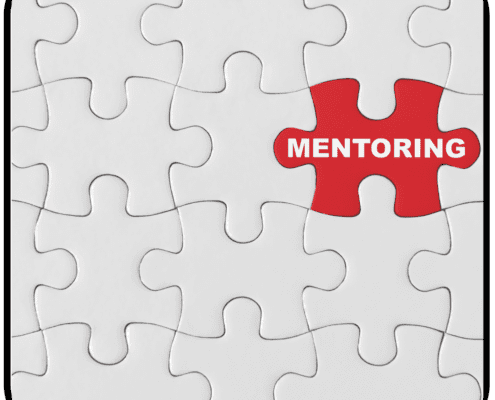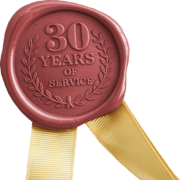The Power of Mentoring: Elevating Your Team’s CRM Skills
While traditional training programmes lay the foundation, weaving mentoring into your CRM adoption strategy can truly elevate your team’s skills and confidence.
Rolling out a new Customer Relationship Management (CRM) system is just the starting line. The real challenge? Ensuring your team can harness its full potential.
Why Mentoring Matters in CRM Adoption
Mentoring isn’t merely an add-on to training; it’s a catalyst for cultivating a culture of continuous learning and collaboration. By pairing less experienced team members with seasoned professionals, you facilitate personalised knowledge transfer and skill development.
Benefits of Mentoring:
- Accelerated Learning: One-on-one guidance helps employees master complex CRM functionalities more swiftly.
- Boosted Confidence: Personal support emboldens staff to delve into advanced features they might otherwise overlook.
- Enhanced Collaboration: Mentoring bridges gaps between departments, fostering teamwork and open communication.
- Improved Retention: When employees feel valued and supported, job satisfaction soars, leading to higher retention rates.
Implementing a Successful Mentoring Programme
- Identify CRM Champions
First off, pinpoint individuals who are not only adept with the CRM system but also possess excellent communication skills.
- Criteria for Selection:
- Deep proficiency in CRM functionalities.
- A genuine willingness to share knowledge.
- Strong interpersonal abilities.
- Pair Mentors with Mentees Strategically
Match mentors and mentees thoughtfully, considering roles, departments, and specific learning goals.
- Considerations:
- Align job functions to ensure relevant guidance.
- Balance personalities to foster productive relationships.
- Set Clear Goals and Expectations
Establish what both mentor and mentee aim to achieve through their collaboration.
- Define Objectives:
- Specific CRM skills to develop.
- Performance metrics targeted for improvement.
- Timeframes for reaching these goals.
- Provide Resources and Support
Equip your mentors with the tools they need to guide effectively.
- Resources May Include:
- Comprehensive training materials and user guides.
- Access to advanced CRM features for demonstration purposes.
- Ongoing support from management.
- Encourage Regular Interaction
Consistency is key. Schedule regular meetings to maintain momentum and track progress.
- Best Practices:
- Establish a regular meeting cadence.
- Mix formal sessions with informal check-ins.
- Promote open and honest communication.
- Monitor Progress and Provide Feedback
Keep a finger on the pulse of the mentoring programme’s effectiveness, making adjustments as necessary.
- Evaluation Methods:
- Gather feedback from both mentors and mentees.
- Monitor CRM usage statistics for tangible improvements.
- Assess enhancements in performance metrics.
Overcoming Common Challenges
Time Constraints
Let’s face it—everyone’s busy. Finding time for mentoring can be tough.
- Solutions:
- Integrate mentoring into regular work hours.
- Encourage brief, focused interactions that fit into busy schedules.
Mismatched Pairings
Not every mentor-mentee pairing will be a perfect fit right off the bat.
- Solutions:
- Be open to reassigning pairs if needed.
- Seek input from participants when making matches.
Lack of Engagement
Some employees might be hesitant to fully participate.
- Solutions:
- Clearly communicate the benefits of mentoring.
- Recognise and reward active participation to incentivise engagement.
The Role of Leadership in Mentoring
Leadership support isn’t just helpful—it’s crucial for the success of your mentoring programme.
- Leadership Actions:
- Publicly endorse the initiative to underline its importance.
- Allocate time and resources to support the programme.
- Lead by example—consider participating as mentors yourselves.
Where to from here?
Mentoring is a powerful strategy that can significantly elevate your team’s CRM skills. By fostering a supportive learning environment, you not only overcome adoption challenges but also empower employees to leverage the CRM’s full capabilities, leading to a higher return on investment.
Ready to unlock your team’s full potential? Our Melbourne-based experts specialise in crafting tailored mentoring programmes for Australian organisations. Get in touch with us today to discover how we can help elevate your team’s CRM skills and drive your business forward.



